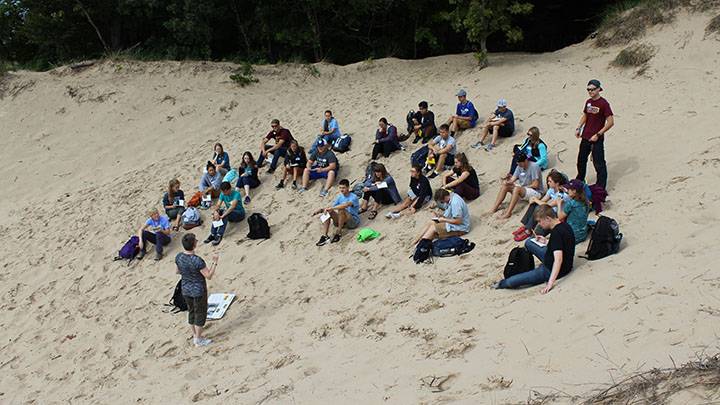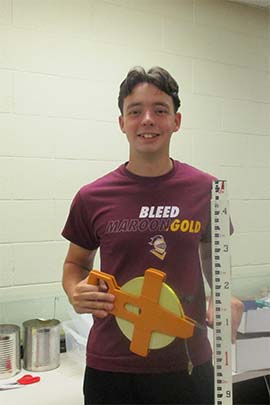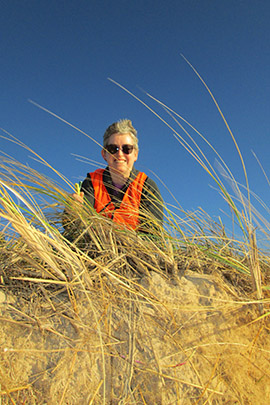People

A FYRES class learning on the dunes in the first lab of the year.
Quick Facts
-
24
first-year students take the FYRES course each fall semester
-
6
FYRES research mentors—geoscience majors with research experience
-
1
FYRES coordinator—a student who arranges logistics and outreach
-
1
professor/dune scientist to teach and lead the research activities
Meet the FYRES community
Real science takes place in community, building on results from past researchers, collaborating with peers and mentors, and flourishing with support from others.
Every year we build a unique FYRES community from the particular participants: first-year students, more-experienced student mentors, support staff and a professor working hard to pull everything together. The specific research questions (new each year) connect us with a set of dune managers and places. Along the way, we engage with a variety of interesting people: guest speakers, helpful librarians, community members curious about what we are doing on the dunes, new friends who are surprisingly patient or enthusiastic with our stories about our experiences.
Below you can meet past members of the FYRES community. Do some exploring to get a feel for what could be your future FYRES community, to learn about people who are your current community, or to support a friend or family member.








 Dr. Deanna van Dijk is a physical geographer who has been studying Lake Michigan dunes for more than 20 years. She teaches the FYRES class and labs, supervises the FYRES Research Mentors and works with the FYRES Coordinator to ensure that everything runs smoothly.
Dr. Deanna van Dijk is a physical geographer who has been studying Lake Michigan dunes for more than 20 years. She teaches the FYRES class and labs, supervises the FYRES Research Mentors and works with the FYRES Coordinator to ensure that everything runs smoothly.